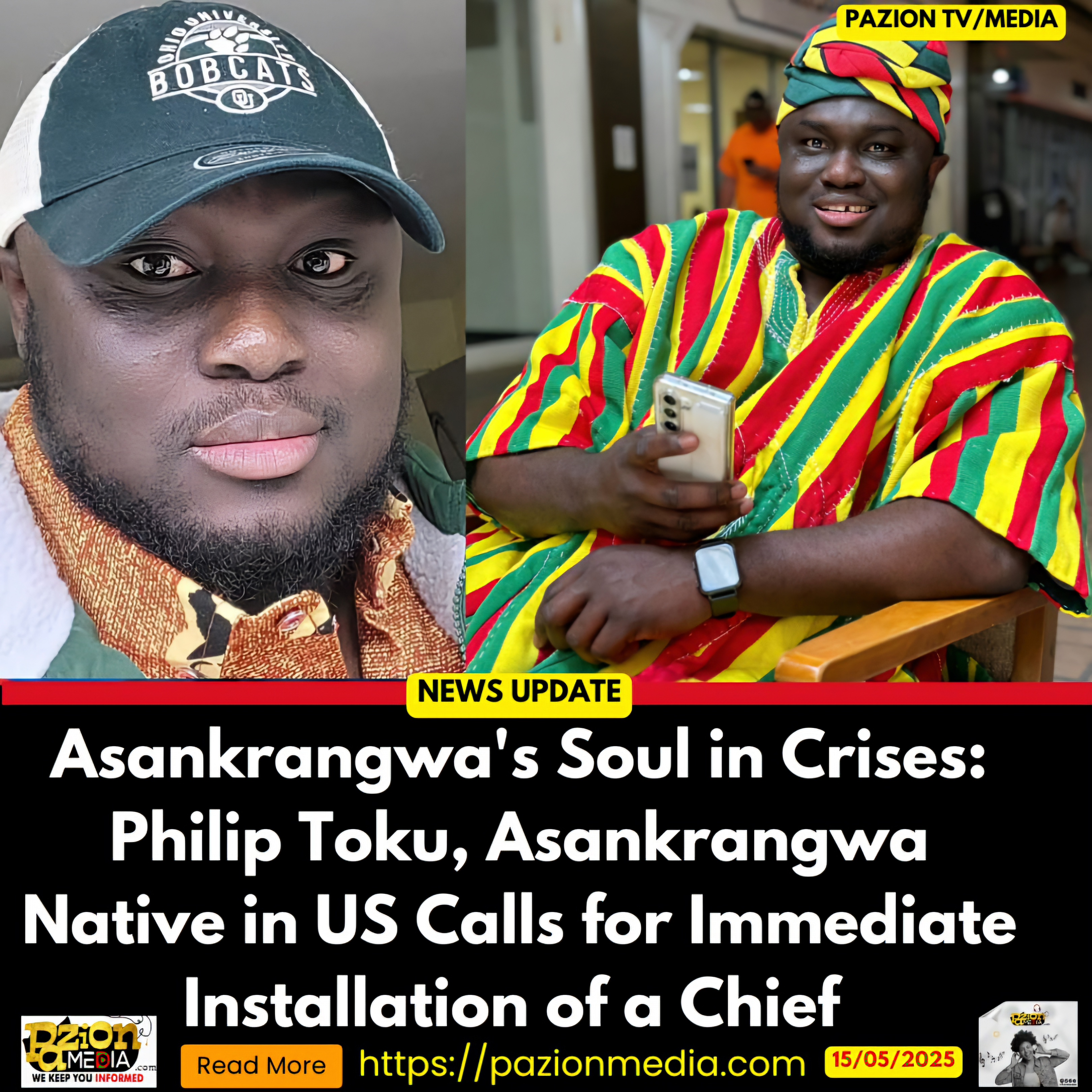A heated debate over the Speaker’s decision to declare four parliamentary seats vacant has sparked a legal battle, with former Ghana School of Law Director Kwaku Ansa-Asare asserting that the ruling cannot be challenged in court.
The decision, made by Speaker Alban Bagbin on October 17th, stems from a petition filed by former NDC Minority Leader Haruna Iddrisu, challenging the status of four MPs who ran as independent candidates in the 2020 elections. The ruling affected three NPP MPs and one NDC MP.
Speaker Bagbin argued that since the notice of polls confirmed the four MPs ran as independents, they no longer held the mandate to remain in the current Parliament. This decision sparked immediate backlash from the NPP, who announced their intention to challenge the ruling at the Supreme Court.
However, Ansa-Asare, a legal expert, has dismissed this approach, stating that Parliament operates under its own set of standing orders, regulations, and procedures. He emphasizes that any action taken by Parliament within the framework of these established rules cannot be challenged in court, including the Speaker’s ruling.
“It is not possible. We are practising separation of powers. Each arm of government is a domain in its own right so just as the executive cannot be faulted when they take decisions, so may we also expect that whatever Parliament does in the regular exercise of its jurisdictions cannot be questioned,” he explained.
Ansa-Asare asserts that the matter was thoroughly debated in Parliament, following the established procedures outlined in the Standing Orders, before the Speaker delivered his ruling. Therefore, he argues, the Speaker’s decision, if made within the confines of these parliamentary rules, cannot be contested in a court of law.
This legal interpretation has significant implications for the ongoing dispute. The NPP’s decision to challenge the Speaker’s ruling at the Supreme Court now faces a legal hurdle, potentially limiting their options and potentially leading to a drawn-out legal battle. The focus now shifts to the interpretation of parliamentary procedures and the potential for a judicial review of the Speaker’s actions.
 Pazionmedia.com Pazion Media l Latest News l Politics l Sports l Entertainment
Pazionmedia.com Pazion Media l Latest News l Politics l Sports l Entertainment



